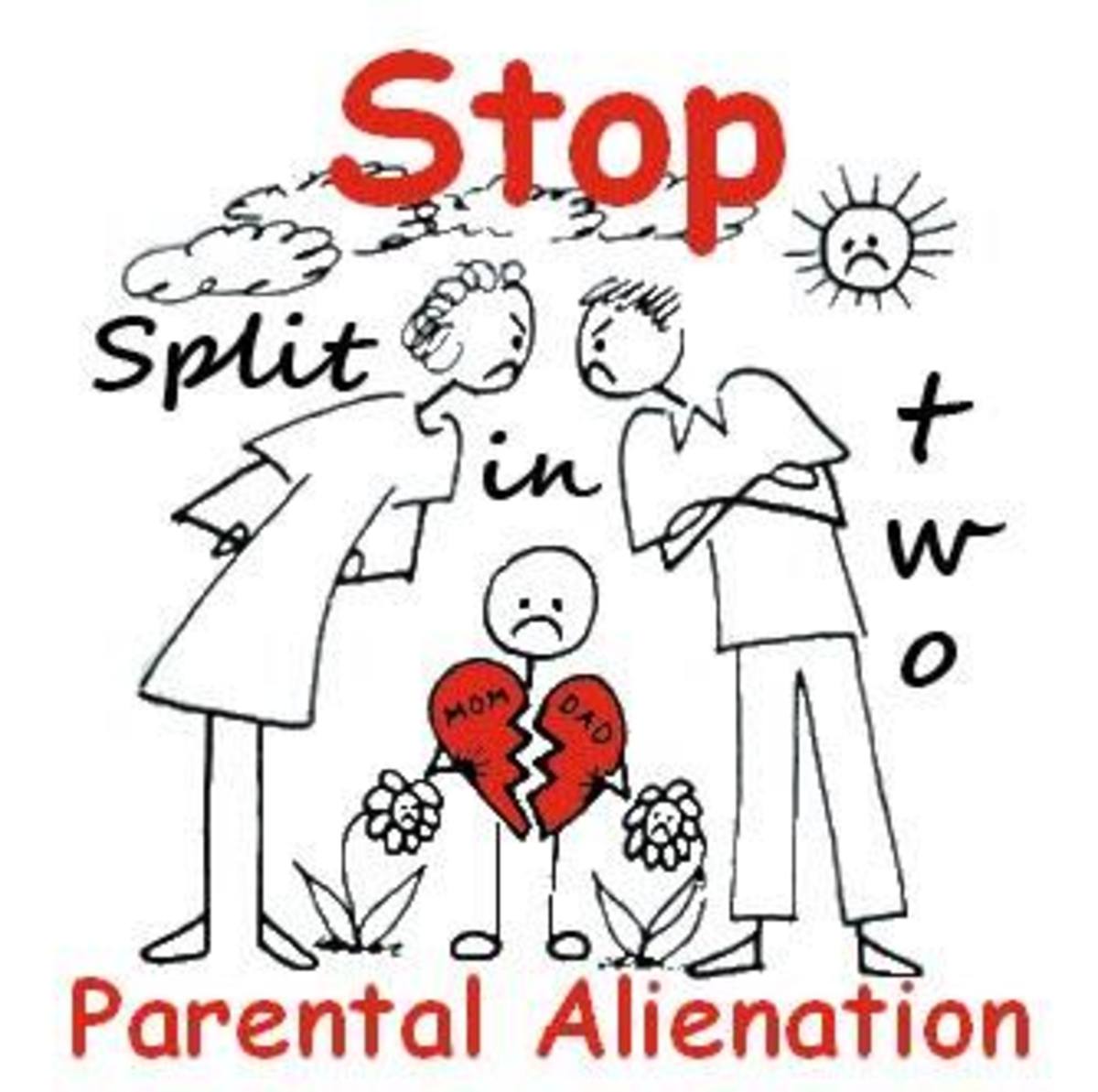What Is the Actual Effect of Divorce on Children?
Stress does have an impact on all types of people, from children, to adults and the elderly. In most cases, divorce becomes quite stressful for those concerned and those not concerned. In the case of children, divorce leads to a disruption of their normal home, school life, or daily routine. Further, the critical sense of their safety, and security can be adversely affected as these children’s parents wrangle on who is supposed to take care of them. I will discuss these impact in the context of three theories, Vygotsky’s Sociocultural theory, Bronfrenbrenner’s bioecological theory, and the Family Systems Theory.
Bronfrenbrenner’s bioecological theory
In his bioecological theory, Bronfenbrenner (2005) explains that, the environment in which a child grown in influences how he or she develops or grows. He describes different environmental aspects that affect these development among children. These includes the exosytem, mesosystem, microsystem and the macrosystem. The microsystem is the immediate context in which a child lives. The microsystem, on the other hand, include immediate relationship which these children interact with including parents, teachers and other caregivers. How these groups interact with child, influences how the child grows. For instance, the conflicts and altercations normally associated with divorce affects the cognitive development of children and their general growth.
Application of the Family Systems Theory
The family system theory also described as Bowen’s Theory considers that for stability to be realized in a family setting, every member of that family should be well differentiated. This differentiation is very essential for an individual to go beyond the families’ boundaries in search of distinctiveness, and return to the family to establish a belonging that is more mature. Bowen’s theory is focused on addressing issues within a family. It is also focused on reducing symptoms for setting a basis for family members to proceed, or thrive in an environment where there is less in less anxiety.
This theory can be used to encourage patients to think twice on their decisions (as in divorce) and reflect upon their own situations in promoting and protecting individuality within the family setting. By use of this theory, parents should be able to reflect and think on promoting individuality, uphold family values, and determine the outcome of their decisions especially to children. In addition, they should understand the family setting and find out the factors that may be contributing to their predicament and therefore, design appropriate approaches on addressing them.
Among the family engagement practices that I will employ in this perspective is to ensure that the management fully understands the practices in parental involvement in schools. When children see that there parents are concerned and involved in their schooling activities, they will have a sense of belonging even if the parents are separated. I will also encourage the school authorities to create awareness programs among parents on the implications of divorce, conflicts and separations on their children and how they can leverage this effects.








